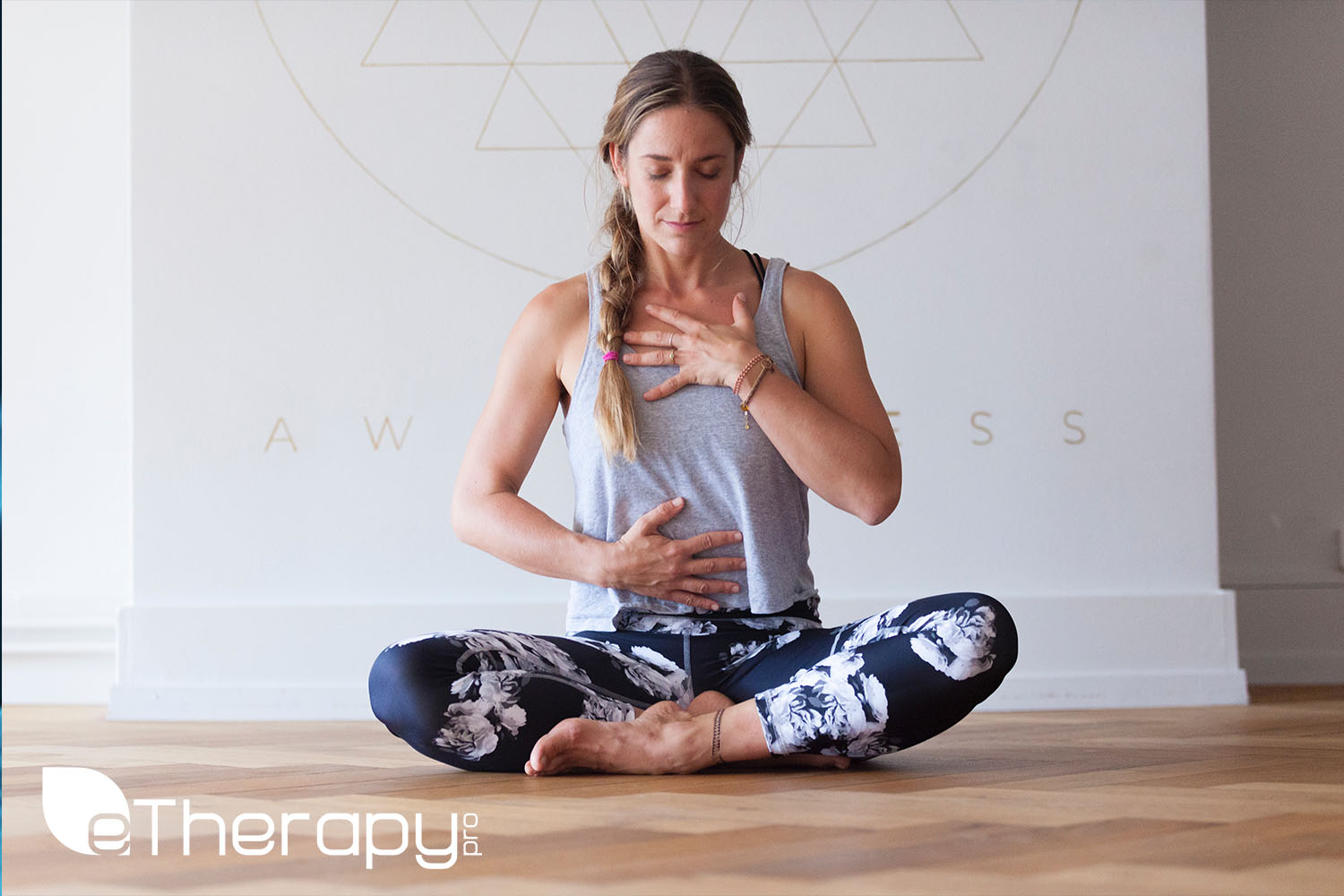
Best Anxiety Disorder Treatment:
Anxiety Disorder Treatment:
Many professionals are trained to treat people suffering from anxiety disorders. Some are more specialized than others and have more specific training. Others can treat a broader range of problems. Some are more easily accessible, due to location and affordability. The key is to find what works best for you in your unique situation. There isn’t one solution for all.
One way to start is with your school counselor or your family doctor. These are individuals that you likely already know and trust. They may be familiar with your situation and your medical history. They would be able to note any significant changes and be aware of any underlying concerns. They are trained to recognize the basic symptoms of mental health disorders and if they are not qualified to offer you anxiety disorders treatment, they can often refer you to someone who can.
A family doctor can run blood tests and complete a physical exam to rule out any additional medical conditions that may be contributing to your mental well-being. If your condition is minor, or temporary, they may be able to offer you anxiety disorder treatment, such as a prescription for medication.
A psychiatrist is a medical doctor who can prescribe medication, that specializes in mental health. They can do blood tests, and a physical exam and offer treatment as it relates to your mental health. They can be more expensive than other types of mental health professionals and may not offer other forms of treatment that you may wish to try.
Psychologists, therapists, and counselors are trained mental health professionals, but not medical doctors. They do not prescribe medication. They offer talk therapy through individual or group sessions. Each professional has their areas of focus and usually specializes in different types of treatment.
Some factors to consider when selecting a mental health professional are:
-
- Cost: Different professionals charge different rates. The cost can vary by the education and experience of the professional, and by the type of treatment. For example, group therapy is usually less expensive than individual therapy sessions. The cost of the professional’s time is shared by all the group members rather than by just the individual. Online counseling is becoming more and more popular and it is typically much less expensive than in-office counseling.
- Convenience: It is important to select a course of anxiety disorder treatment that works with your lifestyle. Your success is dependent upon your ability to stay committed to your treatment plan and show up for your appointments. If your life is very busy, or you live somewhere remote, one option to consider is online therapy. With online therapy, you can connect with your counselor from your computer or mobile device, rather than having to go into a physical office for your scheduled sessions.
- Comfort: Talking about your emotions and mental health is very personal. If you are not comfortable with your counselor, you will not be as open, and your progress will be limited. It is important to find the right fit for your individual needs. There is more to a great mental health professional than just their credentials, or success rate. Talk to them, ask questions, and make sure they are a good match for you. Do you want to speak with someone of your gender? Does their age, or religious background make a difference to you? What matters is connecting with the right professional who will help you overcome your challenges and find your path to happiness.
